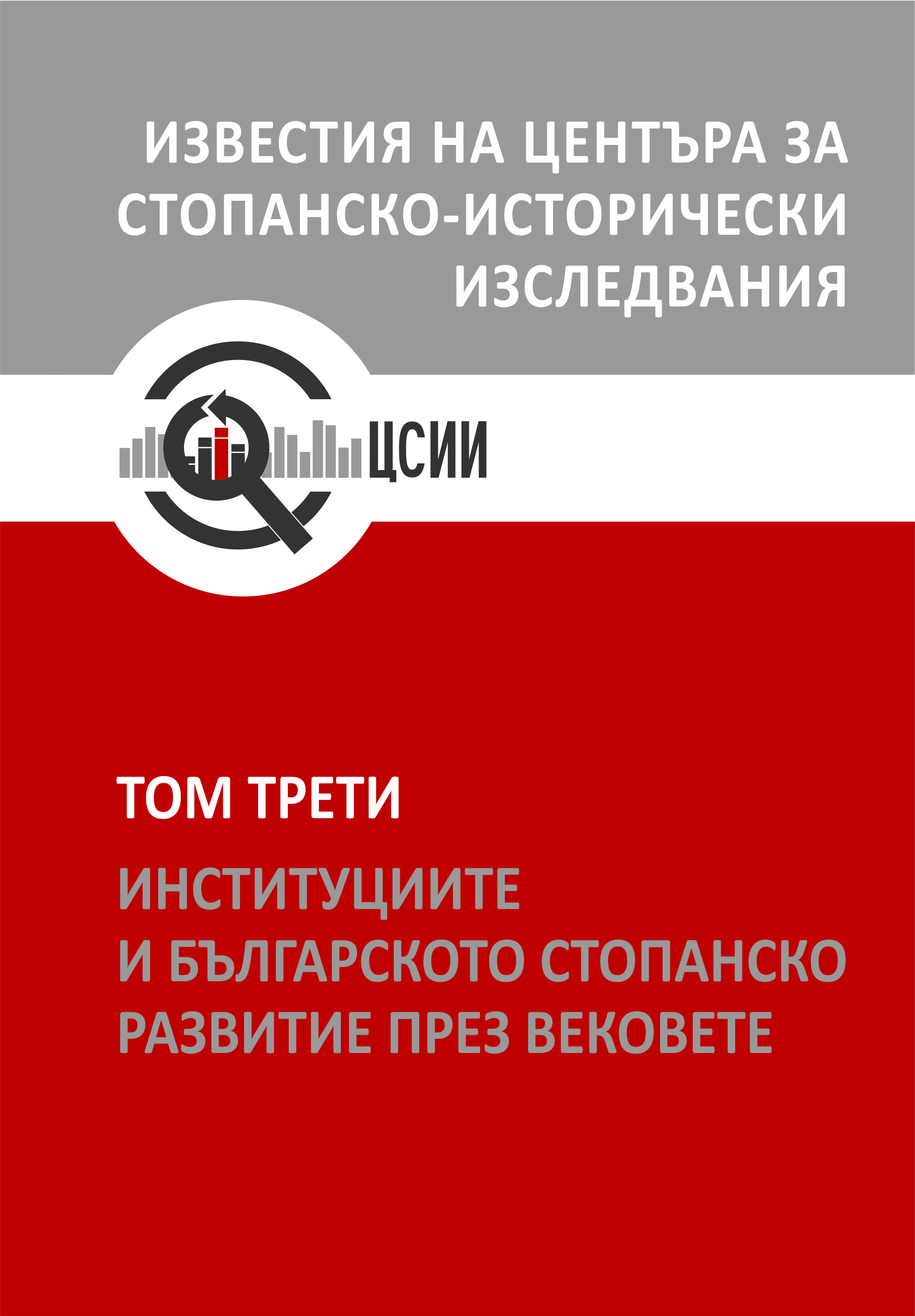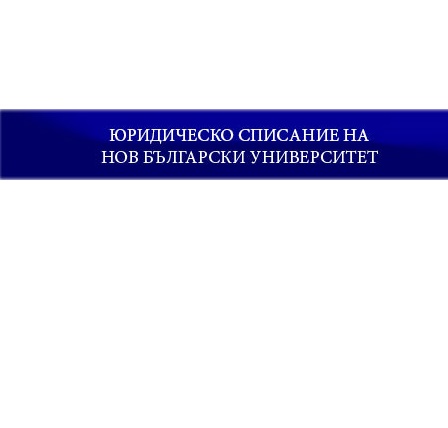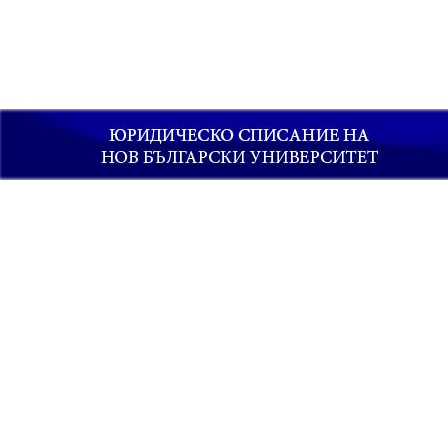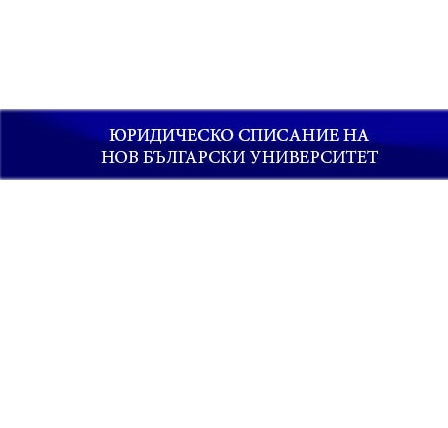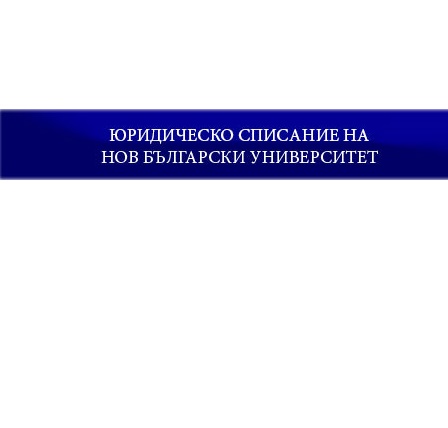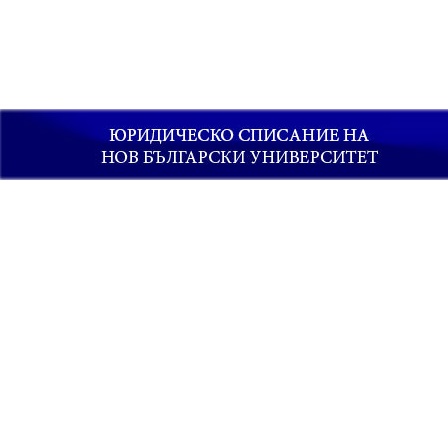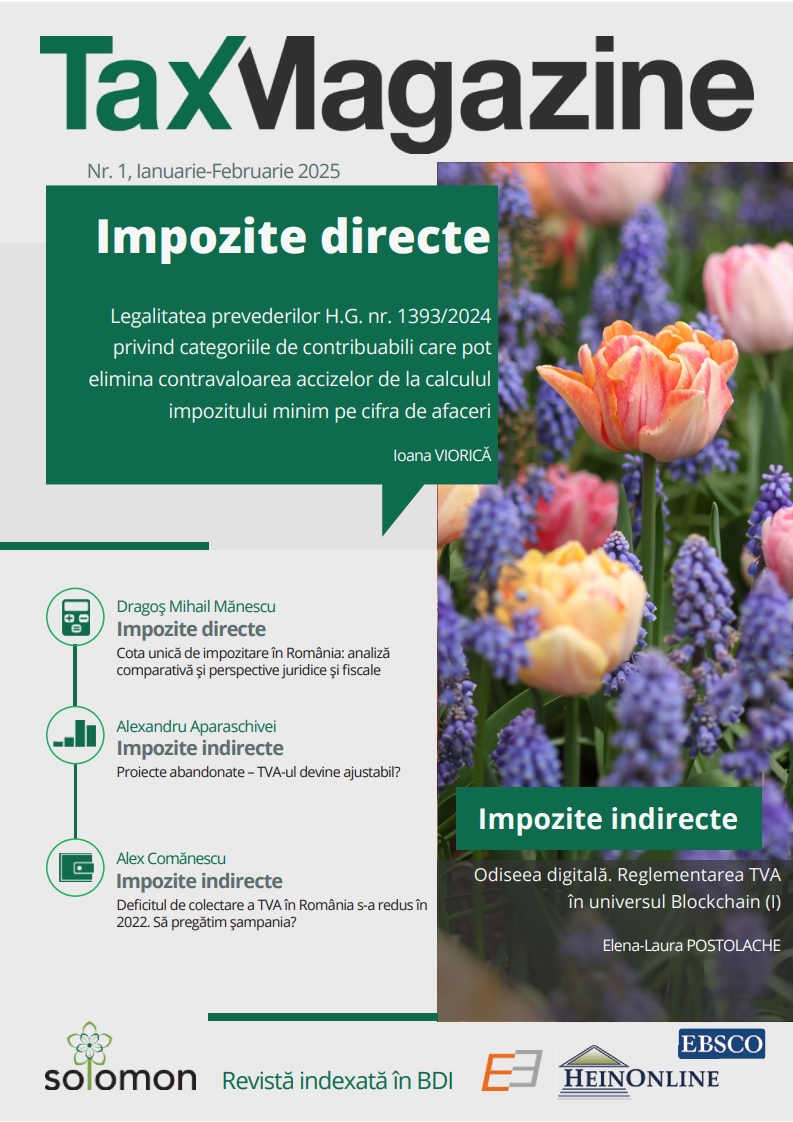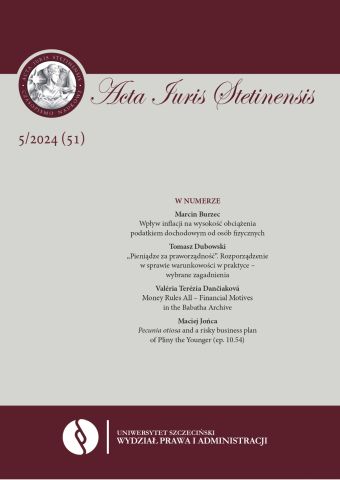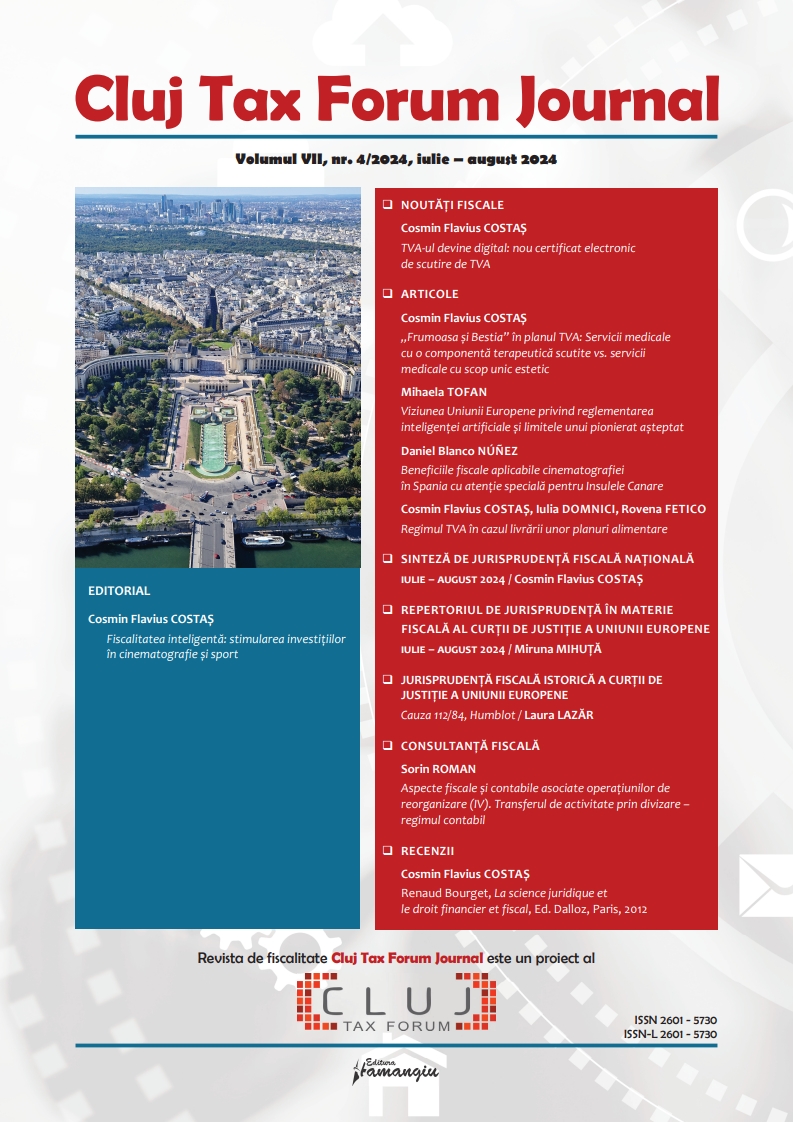ОГРАНИЧЕНИЕ КОНКУРЕНЦИИ: МЕЖОТРАСЛЕВЫЕ СВЯЗИ УГОЛОВНОГО ПРАВА И ИНЫХ ПРАВОВЫХ ОБРАЗОВАНИЙ
The paper discusses elements of a crime encroaching on the basics of free market, fair competition. The elements and features of this type of crime, as well as the practice of applying the above-stated norm, are analyzed. Current trends in the legal policy of foreign countries concerning the field of antitrust legislation are studied. The statistical data on accountability for crimes against competition in Russia are considered. Weaknesses are identified in the legal technique of criminal legislation regarding the relations associated with the activity of economic entities. The dependence of effective law enforcement for preventing, eliminating, and restricting competition on the commensurate and adequate correlation between the norms of civil, administrative, and criminal legislation is proved. The need to strengthen the cross-sectoral links of antitrust legislation is substantiated.
More...
